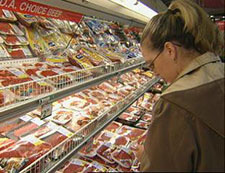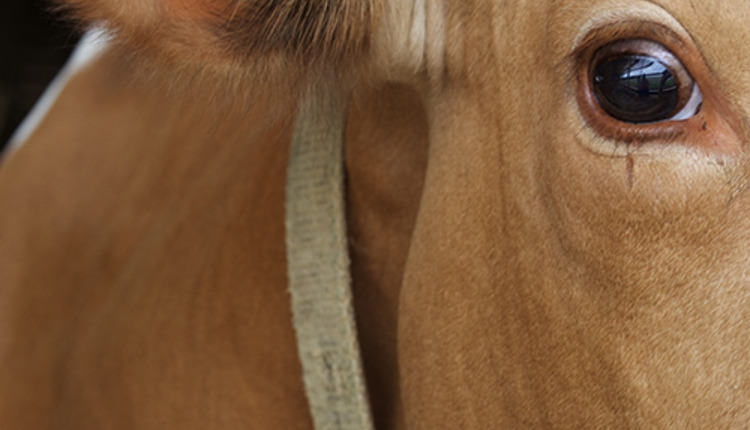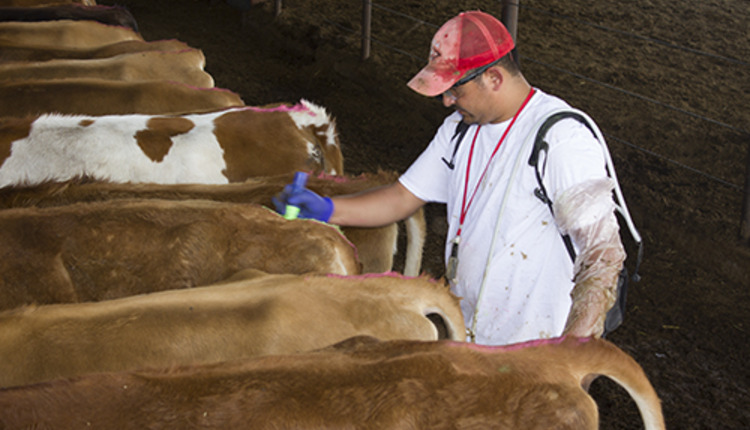 Location drives real estate purchases. Label claims drive consumer food purchases.
Location drives real estate purchases. Label claims drive consumer food purchases. The comparison may seem exaggerated, but for today's consumers, cuisine is no laughing matter. Food buyers have never had as many choices in the grocery store as they do today, and they're taking advantage of it.
"Consumers are evaluating labels with more scrutiny than ever before," noted Mike Boland, director of the Department of Applied Economics at the University of Minnesota.
Between 2001 and 2010, health and nutrition-related label claims spiked. "Gluten-free and trans-fat-free product claims led the pack," added Boland.
The meat market won't be immune from this scrutiny. Boland predicts that the animal protein market will be the next one hit by label-claim frenzy.
"While they don't fully process the information, nearly 85 percent of meat consumers occassionally consult the nutrition facts panel," noted Metin Cakir, an assistant professor in the University of Minnestoa's Department of Economics.
Consumers have also become more flexible and readily adapt their meat and poultry purchases to coincide with store promotions and take advantage of lower prices.
This adaptability could hurt the red meat market which, from a pricing standpoint, is at a competitive disadvantage when compared to other proteins.
This price hike is due, in part, to the societal elimination of technologies that would improve milk production or reduce the average costs of producing pork or beef.
"The peak year for American Westerns (movie popularity), 1977 was also the peak year for per capita beef consumption in the U.S. Since then, beef consumption has continued to decline," added Boland.
Further pressure comes from Silicon Valley, the hub for research on plant-based meat alternatives. The Economist reports that nearly $1.5 billion has been spent to research and develop "hamburgers" made from plants' proteins.
"In our classes at the University of Minnesota, more than a few students would make a switch from beef hamburgers to the plant-substitute burger, if the taste was the same," concluded Boland.
(c) Hoard's Dairyman Intel 2015
September 21, 2015








